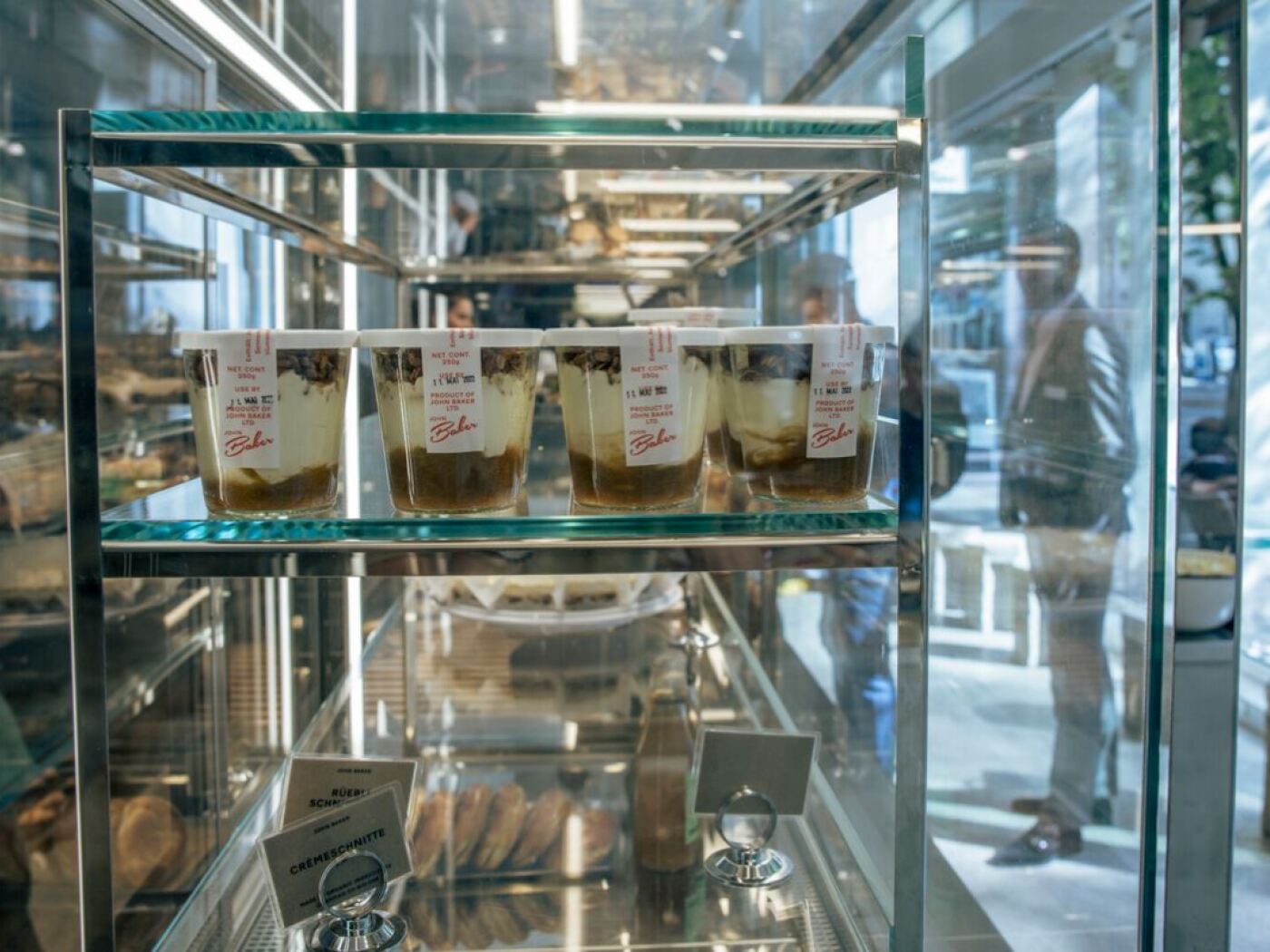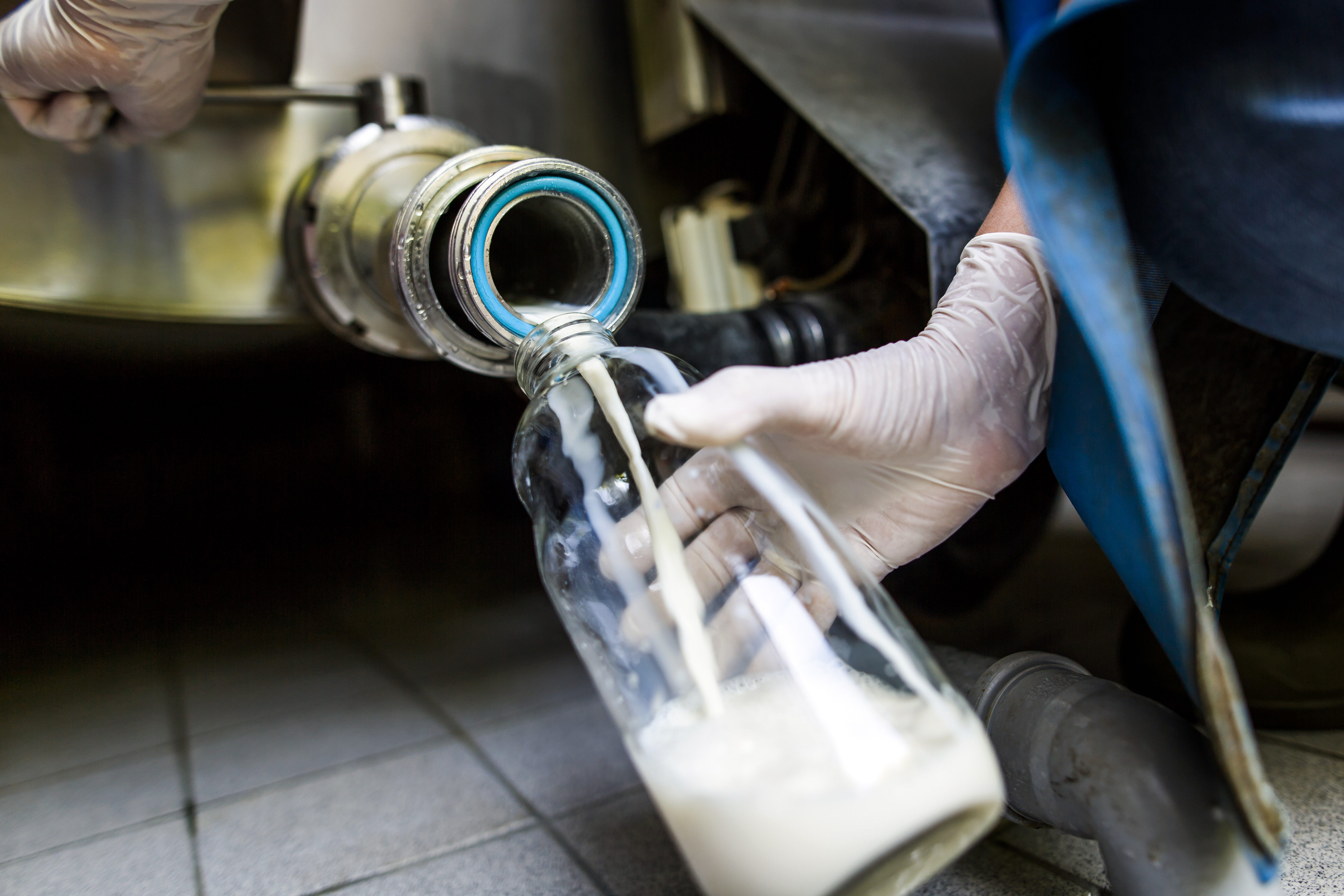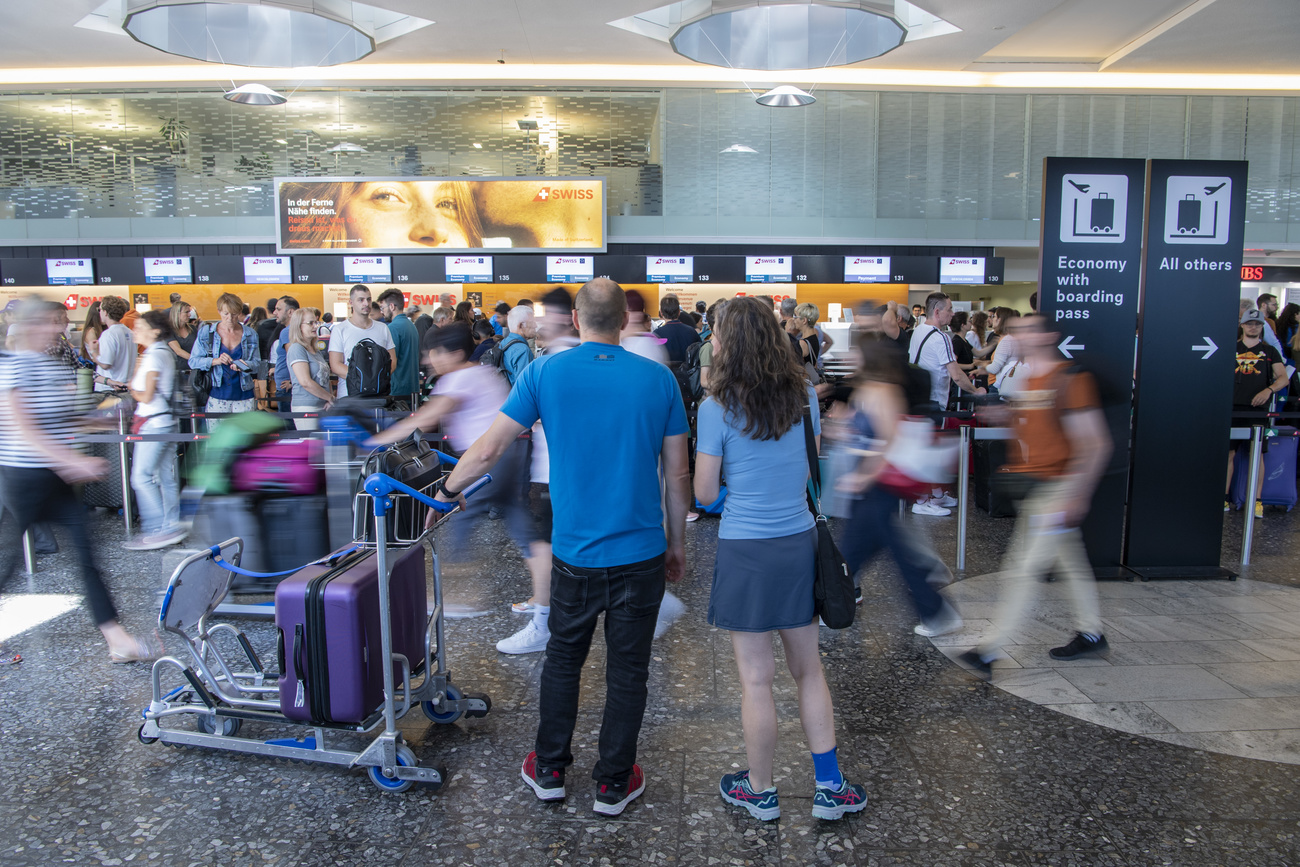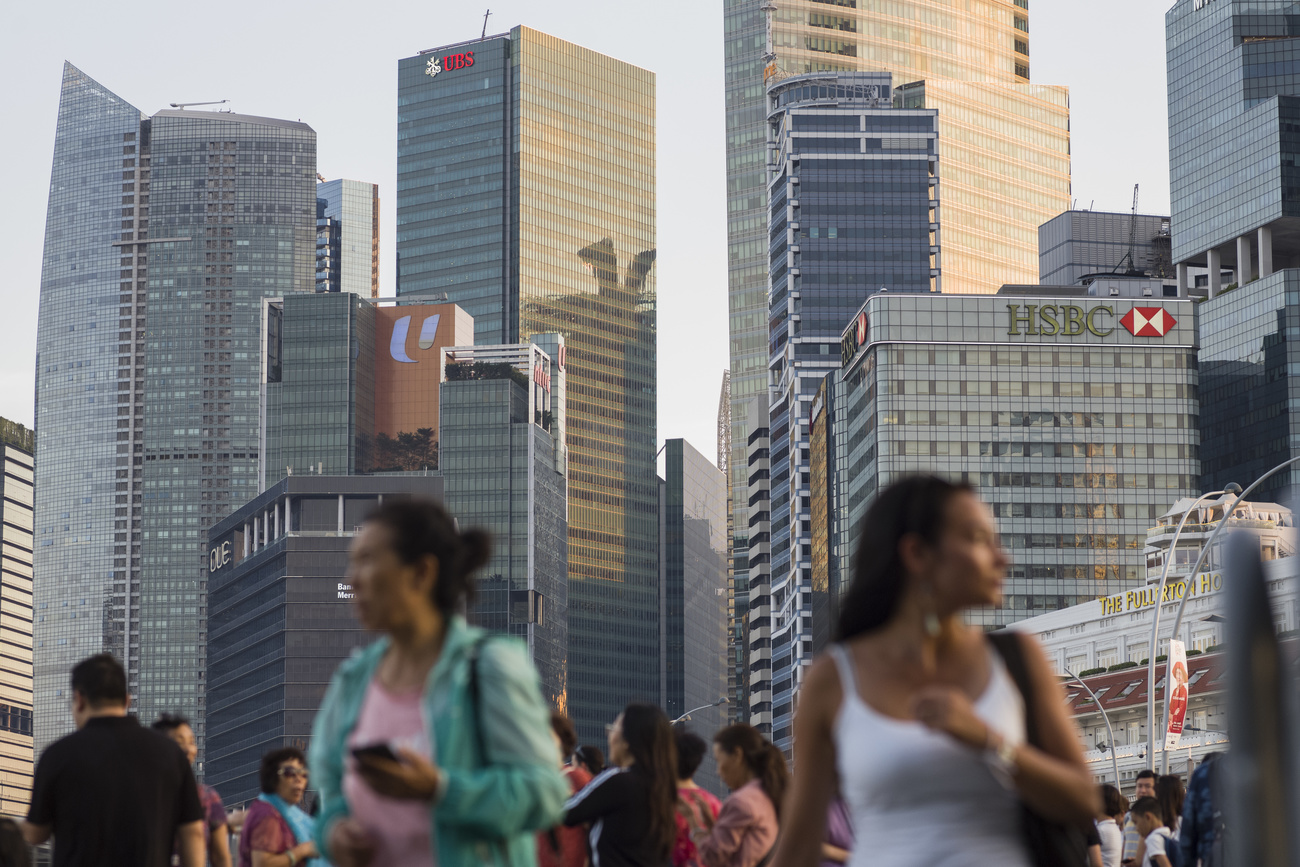The best hotel in Switzerland – at a price
The Beau-Rivage Palace Hotel in Lausanne has just been voted Switzerland's best hotel. But what qualities does it have that have helped it to come out on top of a very illustrious pile?
The Swiss economics magazine, Bilanz, which runs the competition, said “the guest is left speechless by the overwhelming beauty” of this recently-renovated hotel.
And it is easy to see why. Both in terms of location and architecture, the Beau-Rivage Palace, which overlooks Lausanne’s port in Ouchy, has a lot going for it.
As the visitor enters the cavernous marble lobby, he is greeted with a view over the hotel’s 10-acre park, from Lake Geneva to the French Alps. As well as this fantastic view, there are the two buildings, the Beau-Rivage wing, built in 1861, and the Palace wing which dates from 1908.
The central lobby is an enormous empty space, reaching up some 35 metres to a glass ceiling. “You couldn’t build something like this anymore. It would simply be too expensive,” says Christian Marich, the director of the hotel.
Marich is pleased with the honour bestowed on the hotel by Bilanz, but is a little sceptical of the outcome: “I really don’t think we are the best hotel. There are so many other beautiful places.”
“It is good for us because it gives the energy to stay the best, but it’s so difficult to choose – a lot depends on the circumstances. If you visit on a beautiful day, you’re bound to be left with a more pleasant impression,” he told swissinfo.
Bilanz described the Beau-Rivage Palace as the ‘Grand Dame of Swiss hotels’, and since 1861 it has been a temporary home to many members of Europe’s royal families.
But, notwithstanding the splendour and the aristocratic clientele, back in the 19th Century, there was no running water, heating or lifts in the hotel. Over the decades, both wings needed constant upgrades, until in 1991 the Sandoz Family Foundation – which owns an 80 per cent stake in the hotel – decided a more drastic renovation was needed.
Between 1994 and the present day, the foundation – linked to one of Switzerland’s great pharmaceutical dynasties – ploughed 100 million francs into the facelift.
“You cannot live on your reputation alone. You have to maintain that reputation,” says Marich. “We had to reinvest not only in the technical aspects, but also in the standards we want to set.”
“It’s very easy to provide the right technical approach, but what’s important is bringing the place to life,” he adds.
One of the factors which lead Bilanz to name the Beau-Rivage Palace the best city hotel of the year was that, despite its imposing grandeur, it often feels like a private home – albeit an expensive one.
“That’s our aim. We don’t want our staff to be overawed by the architecture. We want them to feel part of the place,” Marich explains.
Some 70 per cent of those staff members come from outside Switzerland, and the intense training course they go on after joining leaves them in no doubt that this is an important place.
“Most of our customers are very demanding, but of course, the prices justify that,” says secretary, Carole Leblanc. “But we’re a five-star hotel – a palace -so we have to meet all their expectations.”
The cheapest room in the Beau-Rivage Palace will set you back SFr370 a night. If you want to stay in the presidential suite and “live like Louis XIV in Versailles”, as the promotional material puts it, you will have to spend the little matter of SFr1,800 a night.
In the renovated Beau-Rivage Palace, each room is individually decorated. Some have double jacuzzi baths with gold fittings, 19th century paintings and rare Persian rugs on the walls, remote-control for all windows and lights, and of course balconies from which you can see the Lake and the Alps.
Perhaps then you could go down to the hotel’s world-famous Rotonde restaurant, where you can eat suckling pig stuffed with pistacchios or foie-gras mousse.
While some of the hotel’s customers may still have blue blood, it now caters for the world’s new power-brokers. Around 40 per cent of its trade is generated by its business and conference facilities.
The hotel has cultivated links with some of the world’s biggest multinationals, which, for security reasons, it is loath to name.
by Roy Probert

In compliance with the JTI standards
More: SWI swissinfo.ch certified by the Journalism Trust Initiative








You can find an overview of ongoing debates with our journalists here . Please join us!
If you want to start a conversation about a topic raised in this article or want to report factual errors, email us at english@swissinfo.ch.